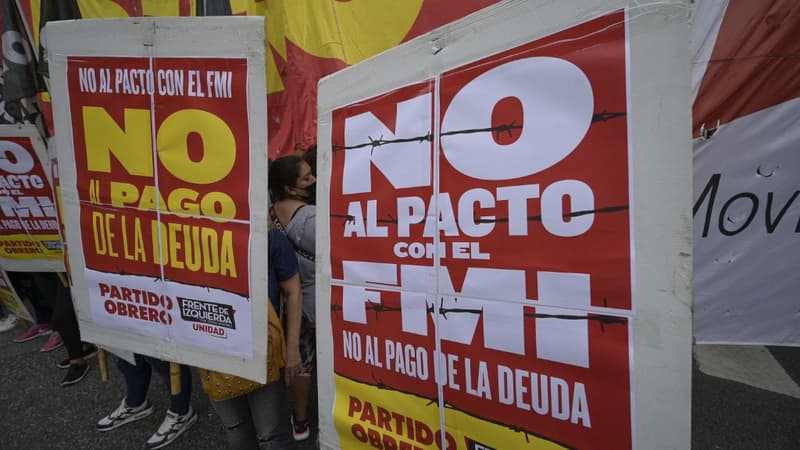When a State no longer manages to pay its debt, it runs the risk that international financial institutions, such as the IMF or private investors, cut off its access to credit. In order to get back into debt, the country must then reach an agreement with its creditors to restructure its debt, often at the cost of a commitment to limit its spending and often serious economic and social crises.
• 1982: Mexico
On August 22, Mexico suddenly defaulted on its debt. President José López Portillo had spent without counting the surpluses generated by oil money and accumulated public deficits. Mexico’s default leads to a crunch in international credit and triggers a debt crisis in other developing countries. The International Monetary Fund (IMF) provides aid in exchange for drastic reforms.
• 1998: Russia
In the late 1990s, in addition to its internal difficulties, the Russian economy was destabilized by the crisis in the Asian economies and the fall in the prices of raw materials. On August 17, 1998, Moscow devalued the currency, declared a unilateral moratorium on its foreign debt of 141 billion dollars, and renounced honoring its maturities against national creditors. Russia will have to wait 12 years before borrowing again on the international bond markets.
• 2001: Argentina
In recession since 1999, Argentina chains austerity plans and no longer controls its external debt. In early December 2001, the government limited cash withdrawals from banks. The riots are severely suppressed (33 dead). President Fernando de la Rúa resigns. On the 23rd, Argentina declares a moratorium on public debt, causing a default of approximately 100 billion dollars from private creditors and a deep economic, political and social crisis in the country.
• 2015: Greece
In late June and mid-July, mired in recession and strict austerity since 2010, Greece defaulted, failing to meet two IMF repayments totaling 2 billion euros. An emergency loan from the Europeans allows Athens to once again qualify for IMF aid. In August, an agreement between Greece and its creditors on a third aid plan of 86,000 million euros over three years eliminates the risk of default.
The austerity imposed by the creditors of Athens causes an intense social crisis, relaunched by the railway disaster of February 28, 2023, which left 57 dead.
• 2017: Venezuela
Plunged into a deep crisis since 2013, accentuated by the fall in oil prices, Venezuela was declared in partial default in mid-November 2017. This announcement revives concerns about the country’s ability to service its foreign debt as US sanctions exacerbate its economic difficulties. The Russian ally comes to support Caracas by restructuring a loan on November 15. On January 2, 2018, Venezuela was again declared in partial default.
• 2020: Lebanon, Argentina
Caught in the crisis, Lebanon announced on March 7 that it was in arrears with a tranche of $1.2 billion. Beirut is asking for help from the IMF, which announced in April 2022 an agreement in principle for a three billion dollar aid plan in exchange for reforms.
In May 2020, Argentina, which is negotiating a debt restructuring, is experiencing the ninth default in its history. In March 2022, Buenos Aires seals an agreement with the IMF for the refinancing of its debt.
• 2022: Sri Lanka and Russia
Plunged into the worst economic crisis in its history, Sri Lanka announced on April 12, 2022 that it would default on its entire external debt, that is, $51 billion. In March 2023, the IMF grants Colombo a $2.9 billion aid package in exchange for guarantees in the fight against corruption.
Russia, for its part, found itself unable to pay its debt with dollars held by US banks in the spring of 2022, due to the sanctions imposed on Moscow after its invasion of Ukraine. The Kremlin replied that it had enough foreign currency to pay its debts and protested a payment default registered by international creditors, which it considers “illegitimate”.
Source: BFM TV


